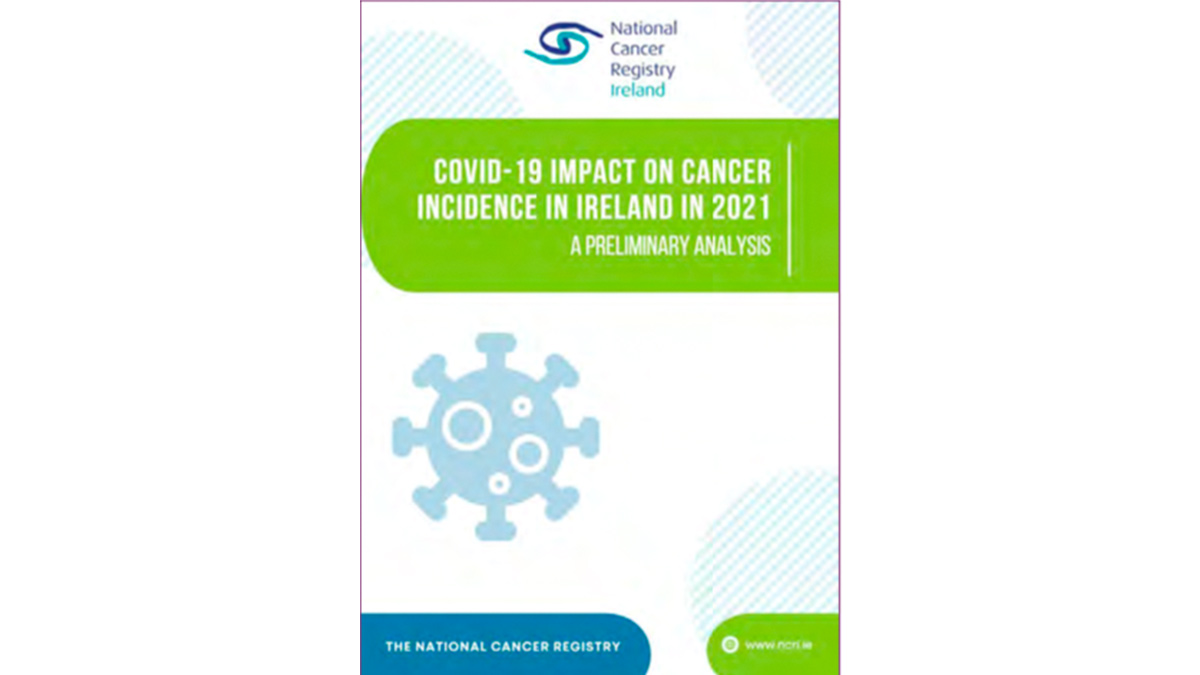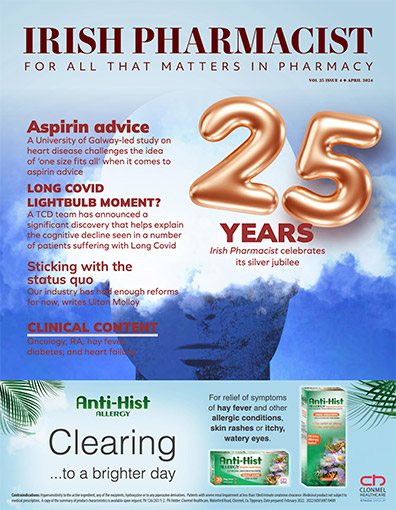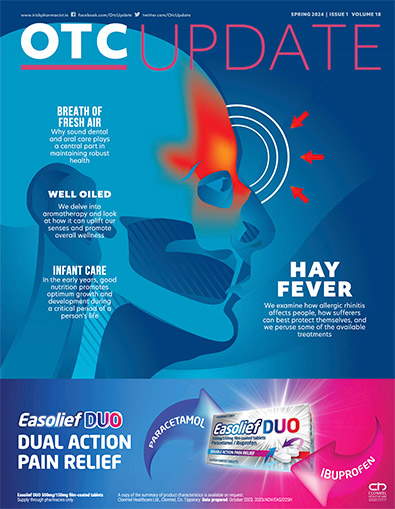Scientists have discovered there is a ‘Goldilocks’ effect in identifying the size of a vaccine adjuvant that can trigger strong immune responses and, as an example, have recently shown that a safe, biodegradable adjuvant can boost the action of cancer-killing cells if the particles are the correct size.
The discovery has wide-ranging implications for the design of new, improved vaccines that are badly needed to enhance cell-mediated immune responses against cancers and a host of infectious diseases, say the authors.
Prof Ed Lavelle, Professor in Trinity College Dublin’s School of Biochemistry and Immunology, who is based in the Trinity Biomedical Sciences Institute (TBSI), is the senior author of the research article published in the leading journal Cell Reports Medicine. He said: “To allow the rational design of vaccines, we need to know what the rules are governing how adjuvants activate different types of immune response. If we have that crucial info, we can then tailor vaccine development for specific applications, as the responses required depend on the disease — one size does not fit all.
“Adjuvants are essentially special ingredients that enhance the effectiveness of a vaccine, for example by boosting killer T cells or antibody production, which results in longer-lasting immunity, or in reducing the dose of the active agent — the ‘antigen’ — needed in the vaccine.”
In particular, scientists have been hunting for better adjuvants that enhance cell-mediated immune responses. One key application of such adjuvants would be eliciting cytotoxic T-cells that can kill tumours and virally infected cells.
Prof Natalia Munoz-Wolf, Research Assistant Professor in Trinity’s School of Medicine, and Ross Ward, PhD student in the School of Biochemistry and Immunology, are the first co-authors of the research article. They said:
“In this work, we have established that the size of adjuvant particles is critical for determining the induction of cell-mediated immune responses — including the action of cytotoxic T cells — and that a biodegradable polymer can be used to develop a highly effective adjuvant that promotes cytotoxic T-cells if the particles are the correct size.
“We have shown for the first time that nanoparticles of around 50nm in size can activate a signalling pathway called the non-canonical inflammasome that allows the induction of effective cell-mediated immune responses. We propose that small nanoparticles like this promote reactive oxygen species in cells, which in turn lead to the activation of key components of this pathway, including caspase 11 and gasdermin proteins, which are essential for generation of cell-mediated immunity.”
In combination, the work represents a significant step forward in the development of next-generation adjuvants for improved anti-cancer and antiviral vaccines, said the researchers.
This work was supported by Science Foundation Ireland, the Irish Research Council and the Health Research Board. The research article can be read at: https://bit.ly/3Wpmafj.







